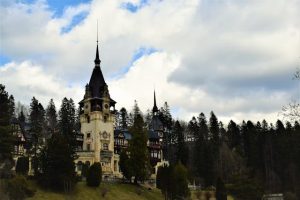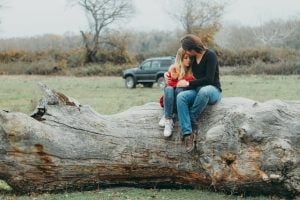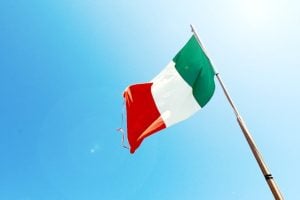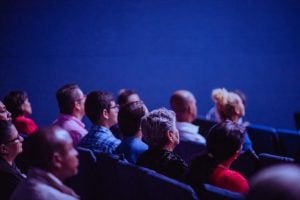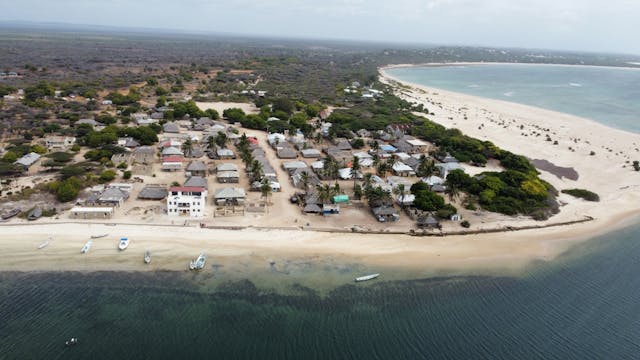
4 Reasons Why We Should All Learn Swahili
Thinking about learning a new language that opens up a whole continent of culture, connection, and adventure? Say “YES!” to learning Swahili. Spoken by over 140 million people across more than a dozen countries in East and Central Africa—including Kenya, Tanzania, Uganda, Rwanda, Mozambique, and the Democratic Republic of the Congo—Swahili (or Kiswahili, as it’s(…)






